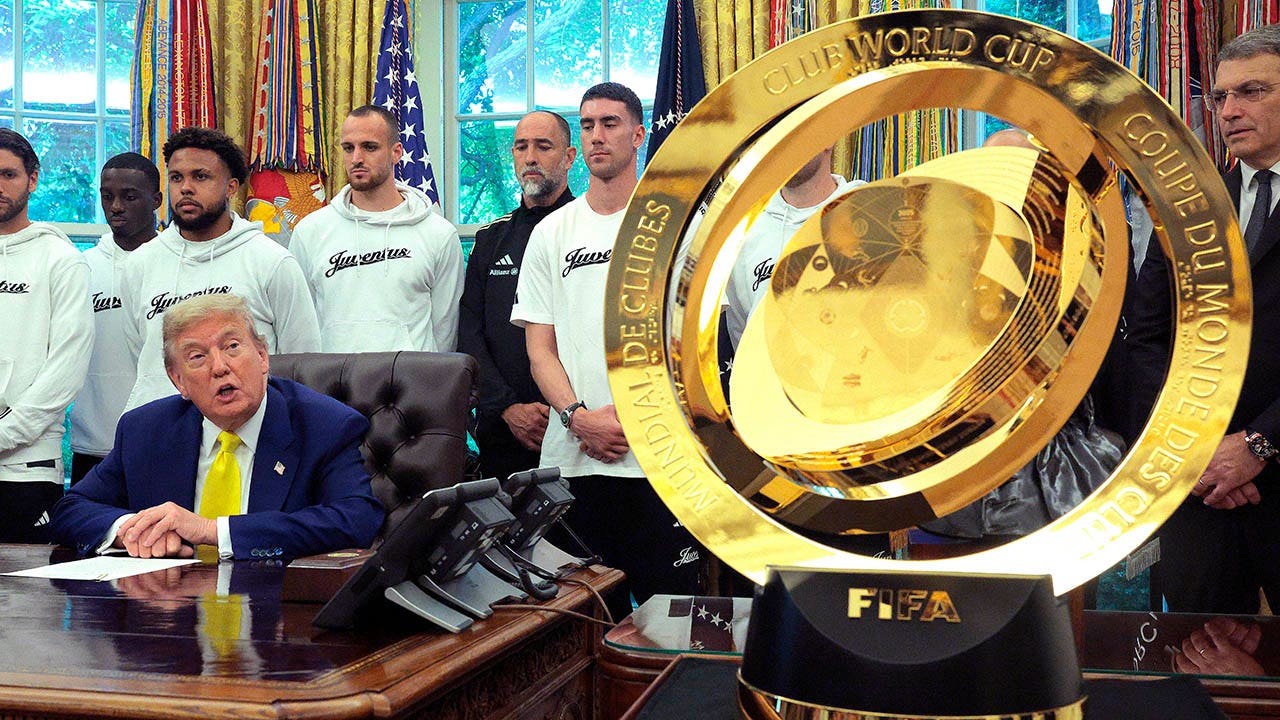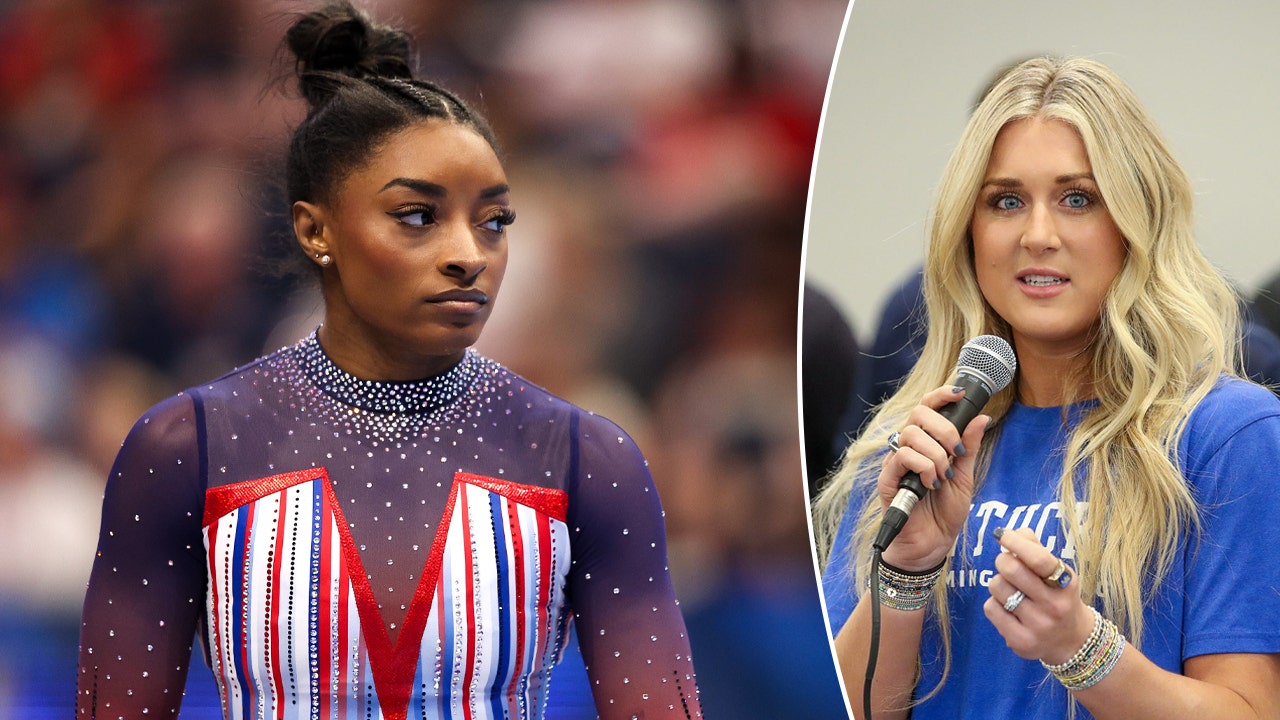‘Bigger problem than doping’: Canada flirts with disaster amid growth in legalized sports gambling

Jeremy Luke then says that when it comes to gambling, Canada is flirting with disaster.
Luke, the president and CEO of the Canadian Center for Ethics in Sport (CCES), says that as Canada embraces legalized gambling, a gambling scandal involving match-fixing or athletes’ betting on sports they participate in is inevitable.
“I think this is a big problem that sports has to deal with. I would suggest that it is as big, if not a bigger problem than doping when it comes to the integrity of the sport,” Luke told CBC Sports. “The potential for manipulation and corruption, it’s a huge risk facing sport in Canada.
“Many other countries are very, very ahead in terms of trying to deal with it and protect athletes. When we think about sports integrity issues and safety issues in Canada, this should be our top priority.”
Since singles betting became legal in Canada, the industry has exploded. If you follow sports in Canada, even casually, the ubiquitous presence of gambling is inescapable. From the deluge of advertisements on television, radio and online, to advertisements on the playing field and on players’ jerseys, it is unavoidable. Leagues that once shunned gambling are now embracing it, forming partnerships and reaping millions in ad revenue.
LOOK | Sports betting has gone full throttle, but has it gone too far?:
Since 2021, when federal law relaxed the rules around sports betting, Ontario has gone full steam ahead, creating what many have called a Wild West gambling environment. CBC’s Jamie Strashin examines how singles betting has changed the game for some fans and why addiction experts are concerned.
In Canada, Ontario is the only province to formally regulate dozens of operators who operated in a so-called gray zone for years. By doing so, the province has been able to quantify how much Ontario’s money is wagered on sports. In the past year alone, that number exceeded $35 billion dollars.
It is against this backdrop that the CCES is behind an urgent effort to help Canadian sport protect the integrity of its games and educate athletes about gambling.
“Given that Canada has moved to legalize sports betting on one event and enabled provinces to offer this kind of activity to Canadians, and we see it through the significant amount of advertising,” Luke said. “I think that makes it much more susceptible to manipulation and corruption and it’s a much bigger reason why we need to protect the sport and the participants within the sport system.”
LOOK | Regulator wants to end recommendations for online gambling by celebrities:
Ontario’s gambling regulator is proposing to end famous athletes and other celebrities endorsing online gambling to make it less attractive to young gamblers who are more vulnerable to addiction.
One area the CCES focuses on is the nation’s National Sports Organizations (NSO), which are responsible for identifying and training approximately 4,000 Canadian athletes for international competitions, including the Olympics.
Jerome McEniry is an attorney with the Canadian Olympic Committee (COC) and is the organization’s point of contact for sports betting and match-fixing.
McEniry said the organization overseeing Canada’s massive Olympic operations is “concerned” about the “vulnerability” of Canadian athletes.
The CCES and the COC are involved in a pilot project with six NSOs, including basketball, curling and football, in which athletes learn, among other things, how to recognize match manipulation and what to do about it.
“It’s a model policy, it’s essentially a policy that sports organizations could take, adopt and implement,” Luke said. “In an ideal world, all sports organizations would be required to adopt and implement everything through the lens of wanting to protect our Canadian athletes.”
‘Disappointingly ill-equipped’
Luke said Canada’s sports system remains “woefully ill-equipped” to deal with gambling. He said the issue should be treated in the same way as doping: one set of harmonized rules for all sports.
“We are still struggling to be able to implement a national policy across all of our federally funded sports that would address this issue in a meaningful way,” he said. “That’s disappointing we failed to gain traction.”
The CCES penetrates elsewhere. As part of a partnership with the Canadian Football League, it helped roll out a mandatory gambling education program for its players and staff.
Eric Noivo is the CFL’s deputy vice president of health and safety. He was also responsible for developing and updating the league’s match-fixing policies and procedures. Noivo said that in the past two weeks, more than 1,000 people involved in the competition, including 500 players, have taken the education program, which outlines what is and what is not allowed when it comes to gambling.
“There’s definitely a bigger concern just because of the availability of gambling products in the present day and age,” Noivo said. “It’s no secret around the evolution of gambling and the prevalence of advertising related to gambling. So we really want to protect not only our players, but the entire CFL.”
CFLers more susceptible to influence?
Noivo acknowledged that CFL players are compensated at a much lower level than athletes in some other leagues, including the NFL, potentially giving gamblers the opportunity to influence players.
Noivo said the league carefully monitors its games for potential tampering, both internally and with the help of an outside company. No issues have been detected throughout the 2022 season or in the first week of this year’s season.
CFL players are not allowed to gamble on CFL games, but may bet on other sports. Noivo said the league is aware of the dangers this could entail should a player attempt to make up for losses suffered elsewhere by manipulating a game in which he was involved.
“All leagues have a challenge regarding what is prohibited and what is not, particularly with the rights of the individual,” he said. “If we were to say you can’t play fantasy sports or gamble on anything, that’s a very slippery slope.
“We are working with our partners at the CFLPA to develop further education, resources to identify individuals who may have a problem with gambling and to help them.”





